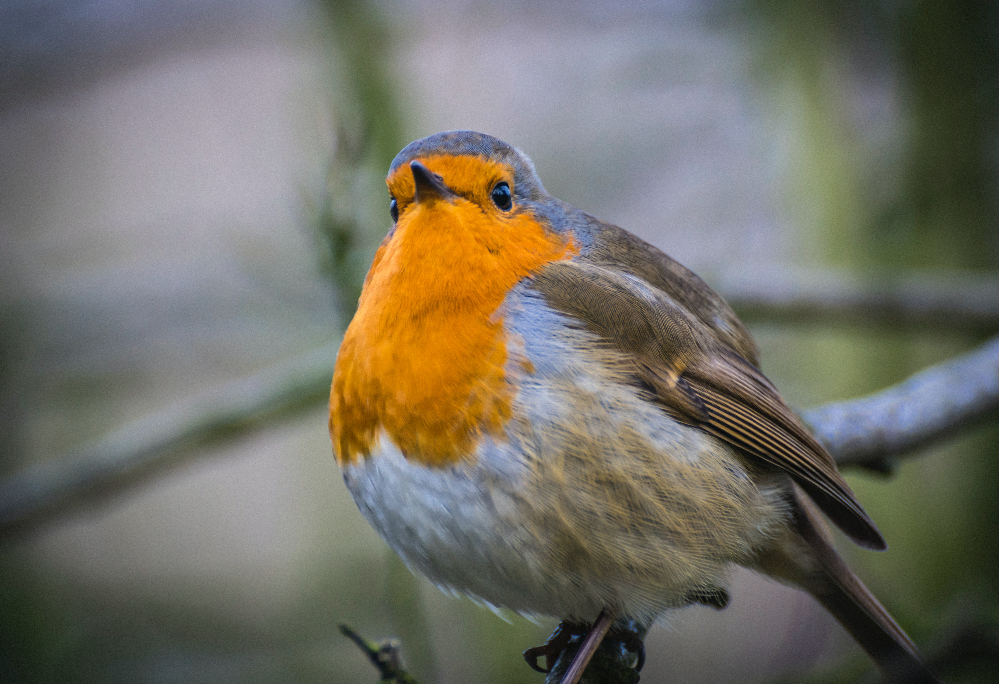New research suggests that hearing birds chirp and watching them can ease mental health symptoms.
Songbirds have a reputation of either being loved by those who they wake in the morning, or hated. While many individuals despise the unintended alarm clock, some people find their chirping induces a sense of peace. Sipping a cup of coffee, they enjoy starting their day by looking out their windows at the fluttering wings of these creatures soaring from tree to tree. Whether enjoyable or not, a new study suggests that looking at, and listening to, birds can improve mental health. A group of scientists in London, who published their findings in Scientific Reports, believes birds can ease symptoms of depression and anxiety.
The London team wrote, “The mental health benefits of everyday encounters with bird life for mental health are poorly understood. Previous studies have typically relied on retrospective questionnaires or artificial set-ups with little ecological validity. In the present study, we used the Urban Mind smartphone application to examine the impact of seeing or hearing birds on self-reported mental well-being in real-life contexts…Everyday encounters with bird life were associated with time-lasting improvements in mental well-being. These improvements were evident not only in healthy people but also in those with a diagnosis of depression, the most common mental illness across the world.”
The London research team said they “used the Urban Mind smartphone app to study the impact of hearing and seeing birds and people’s mental well-being,” studying “self-reported data from more than 1,290 participants between April 2018 and October 2021.”

Using the app, participants were asked to share an assessment of their overall mental health and well-being. Three times daily, the app asked whether they could see or hear birds. After posing this question, it asked them to once again assess their mental status. Drawing their attention towards nearby birds allowed for an overall increase in psychological well-being.
The authors noted, “Everyday encounters with bird life were associated with time-lasting improvements…These improvements were evident not only in healthy people but also in those with a diagnosis of depression, the most common mental illness across the world.” Furthermore, they wrote, “We found that participants’ mental well-being was significantly better when seeing or hearing birds compared to when not seeing or hearing birds.”
The scientists hope that their study will not only offer an option for people to improve their mental health, but it will draw attention to the importance of preserving wildlife, suggesting that visiting public parks and other areas with a large number of birds can help those suffering.
They wrote, “A growing body of empirical evidence is revealing the benefits of nature for mental health, including higher mental well-being and lower risk of mental illness. The vast majority of the literature has focused on the value of regular contact with green spaces including forests, parks, gardens and trees. A smaller portion of the literature has investigated the value of blue spaces, including visible bodies of water such as lakes, rivers, canals, ponds and seas. While these studies have led to growing appreciation of the mental health benefits of nature in general, we know little about the specific features within green and blue spaces which are driving these benefits.”
Choosing to focus on bird life, specifically, the team continued, “We report significant mental health benefits of bird life” and they would like to “further our research to include a more diverse pool of participants that will reflect the general population.”
Whether listening to simulated bird noises or watching birds online, such as on YouTube, is just as effective has yet to be seen.
Sources:
Seeing, listening to birds can improve mental health, study finds
Smartphone-based ecological momentary assessment reveals mental health benefits of bird life


Join the conversation!